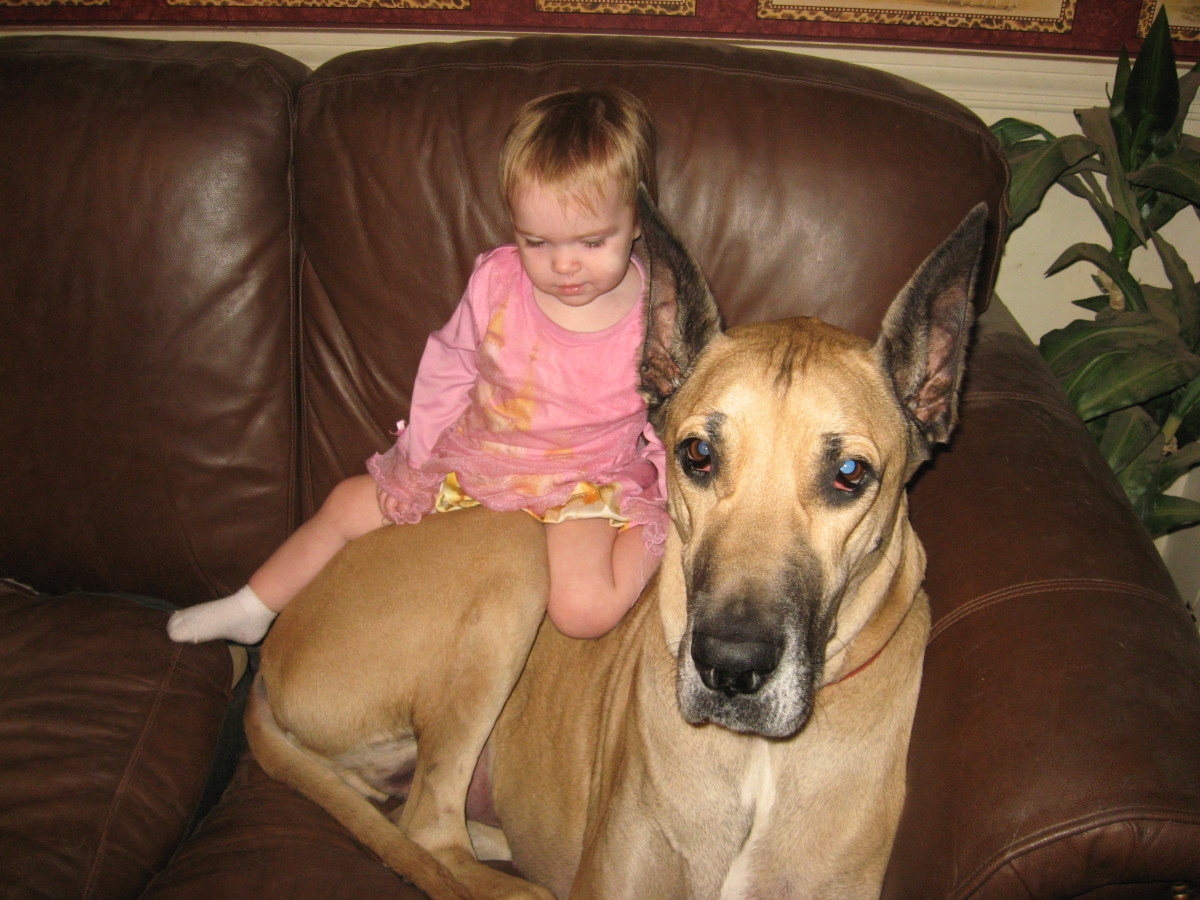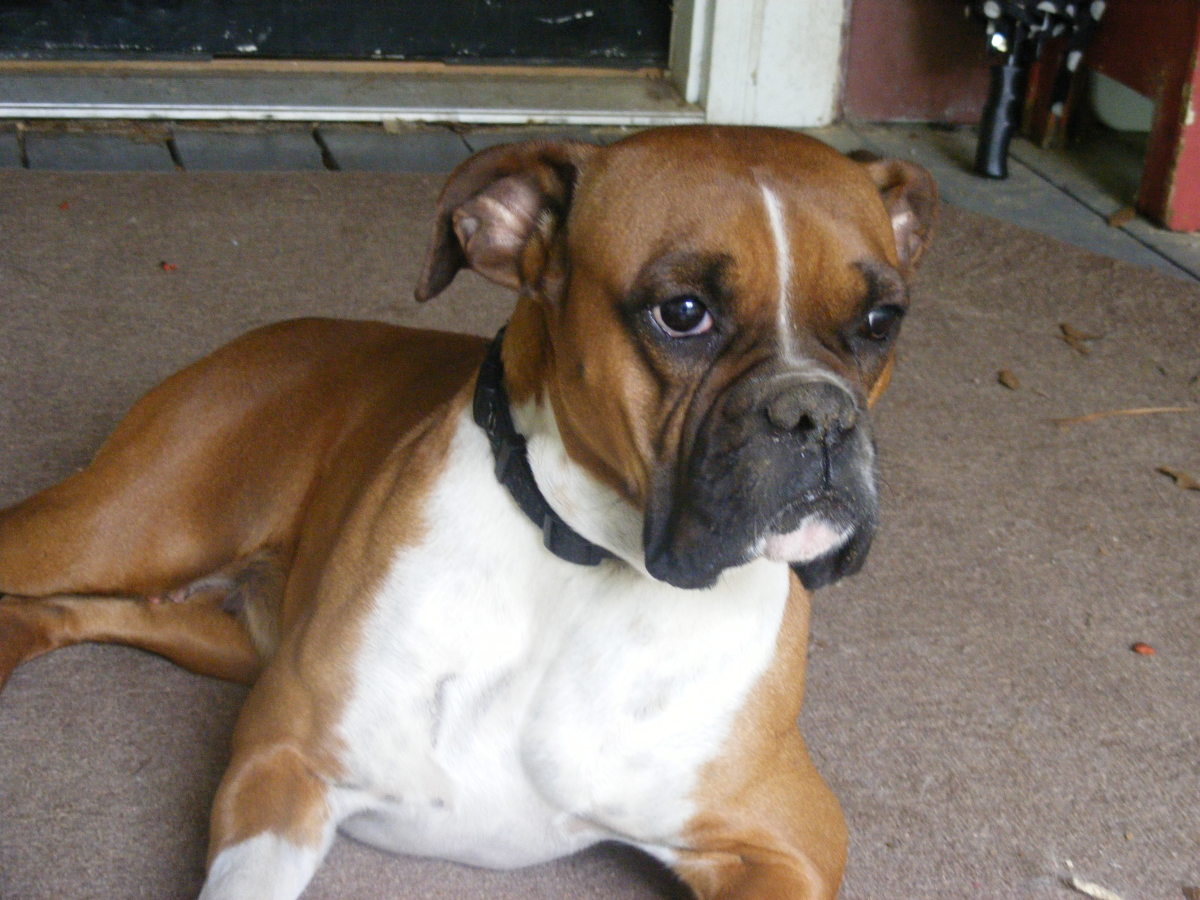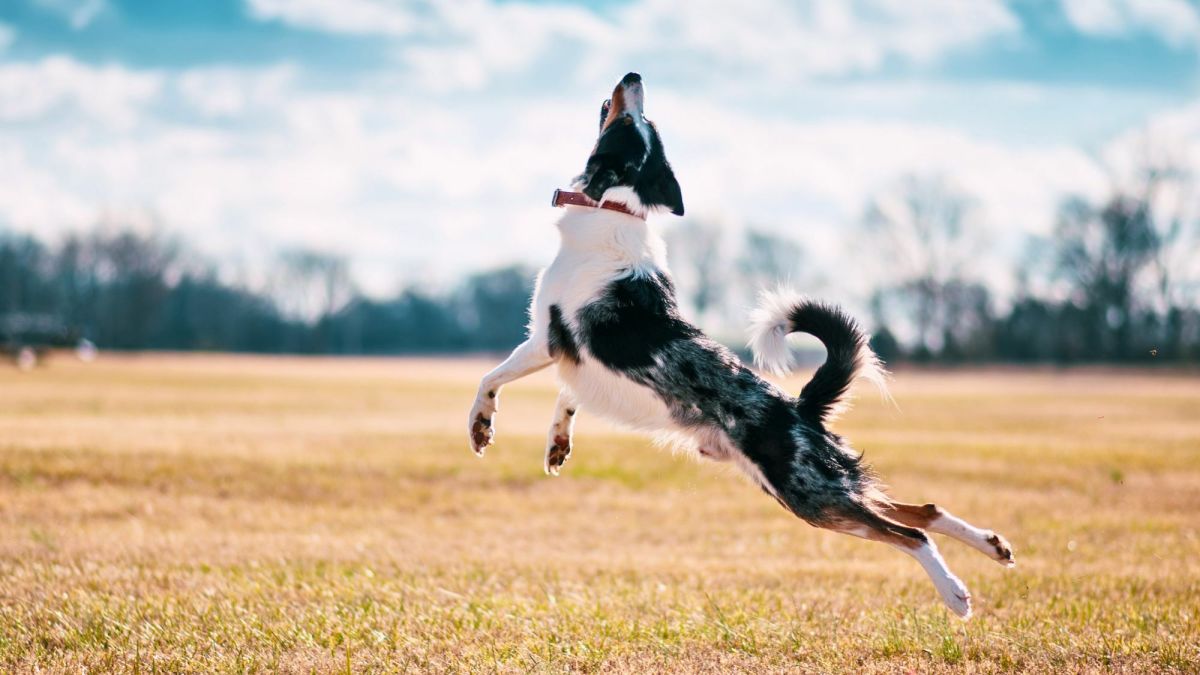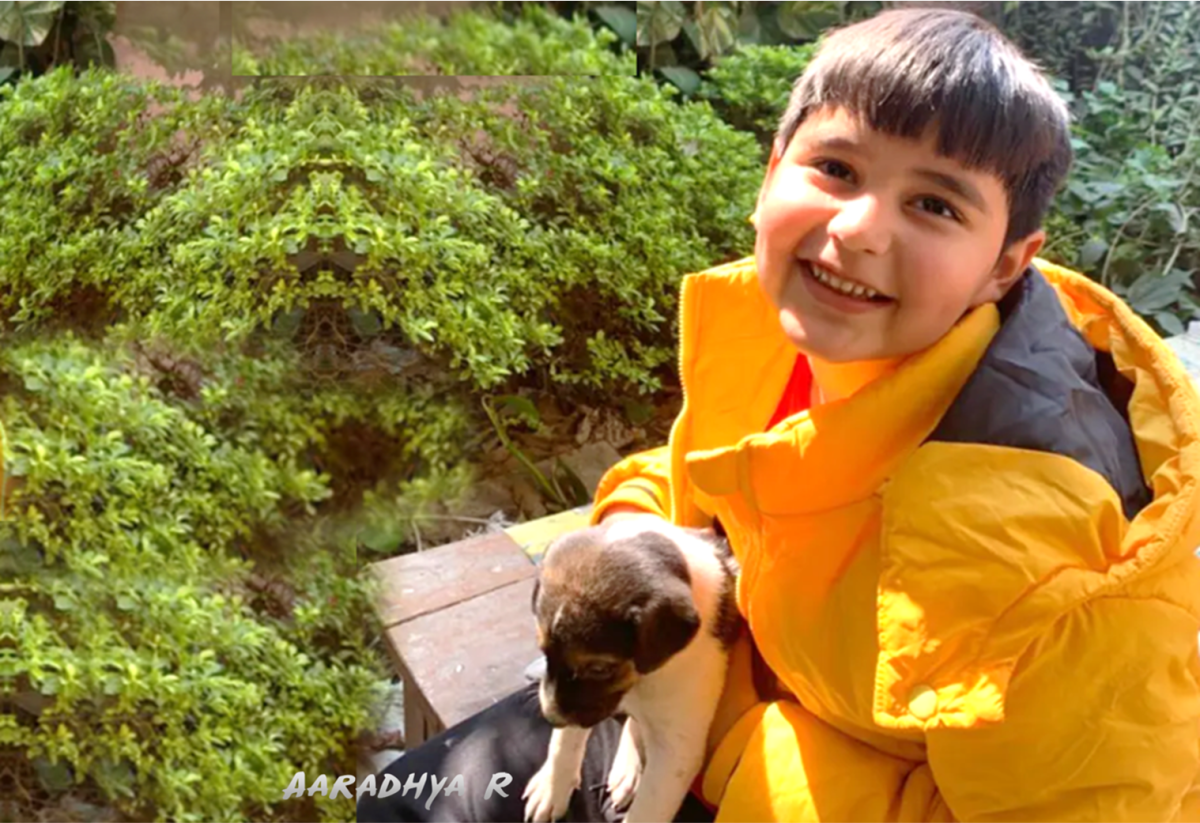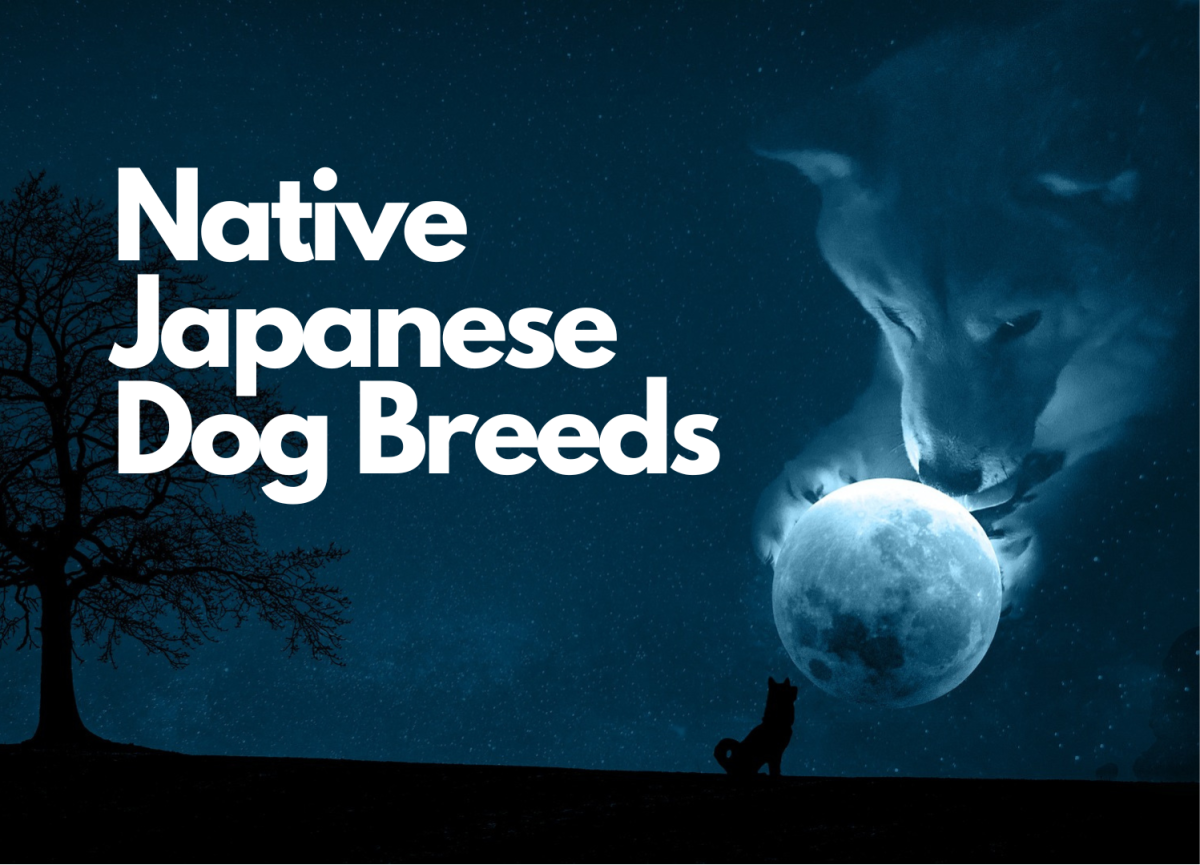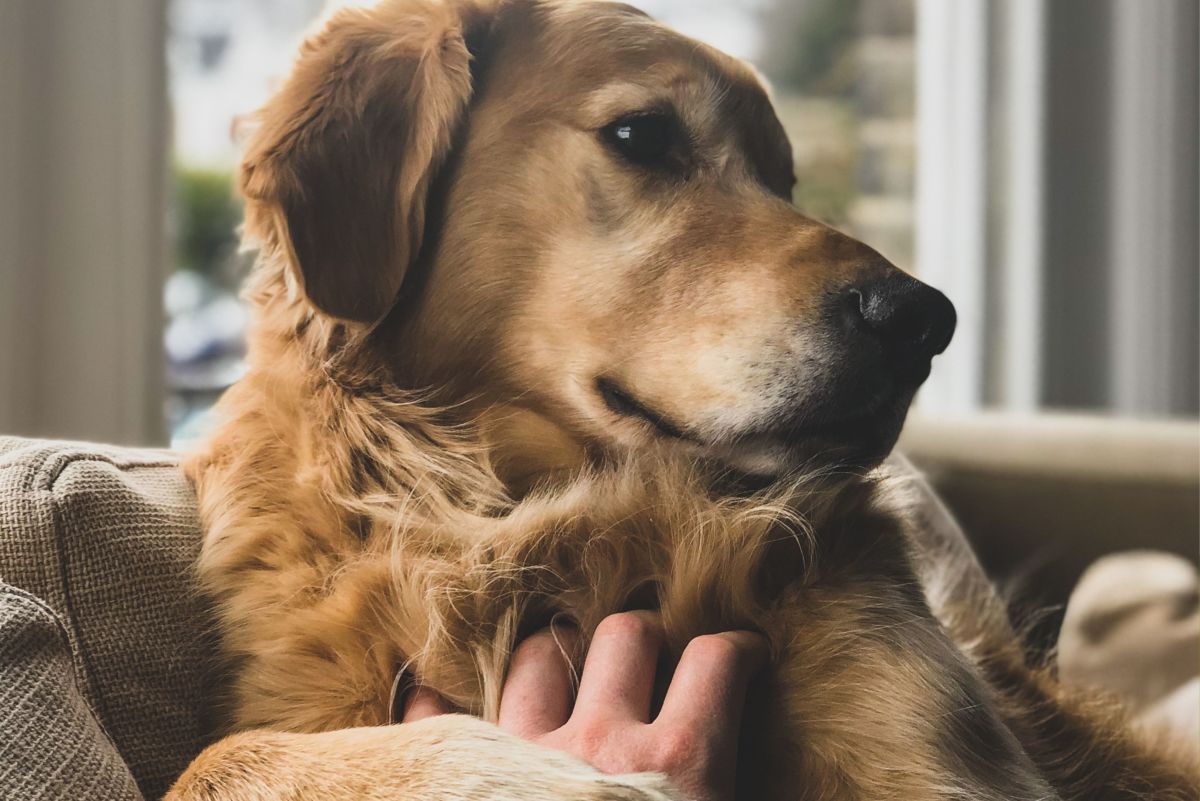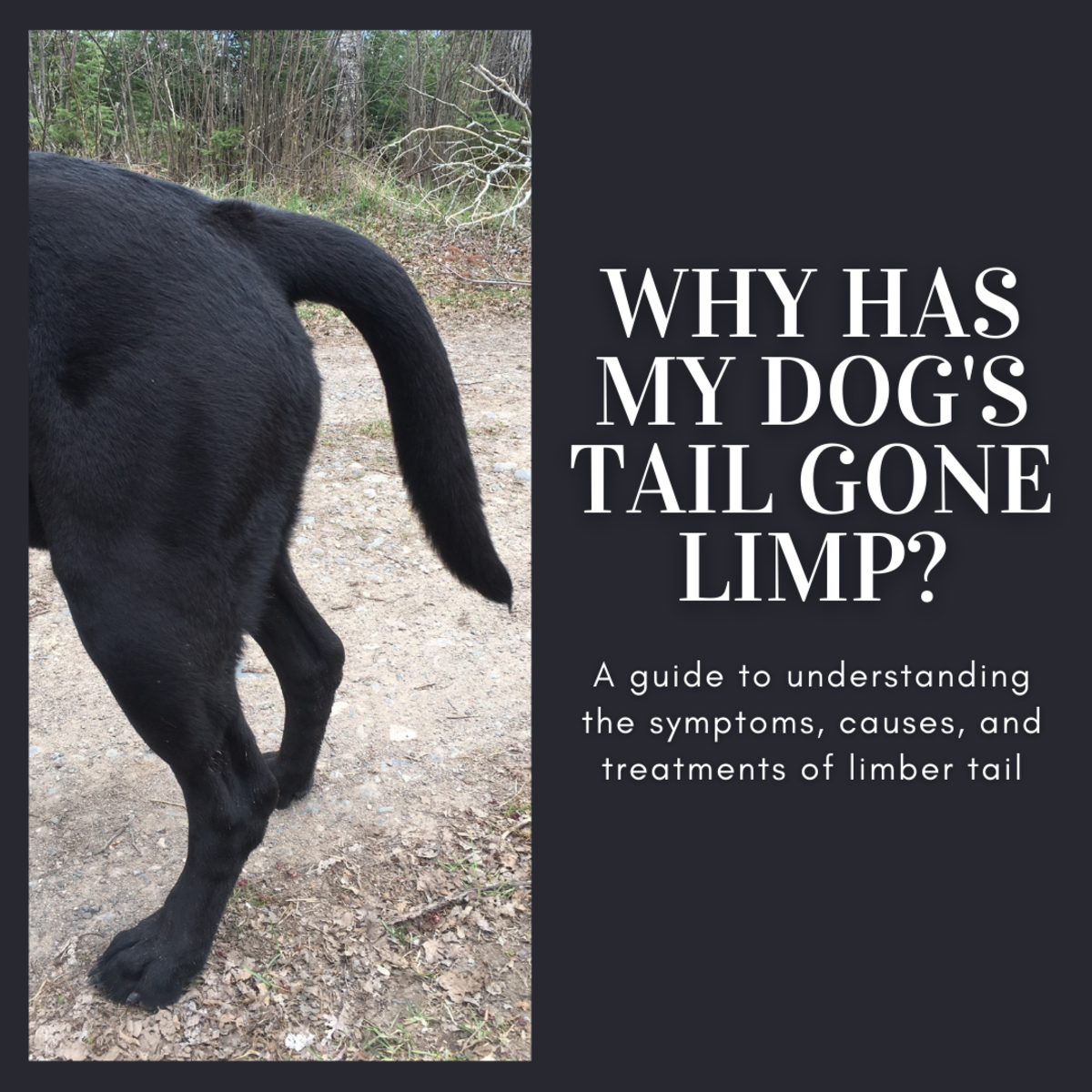You're Going to Buy a Dog: Part 3. Which Breed is Right for You?
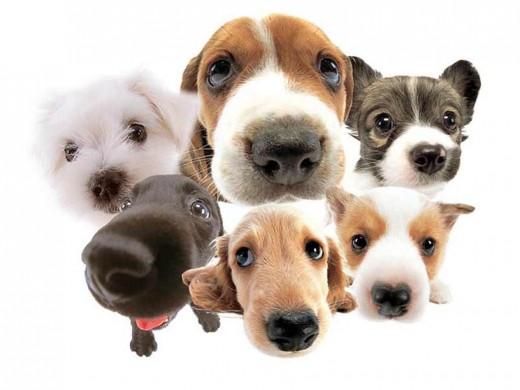
Welcome to Part 3 of You're Going to Buy a Dog. In this part we'll cover the basics of the different dog breeds and how to decide if the breed you like is going to be the best dog for you.
This is the part that will take a little bit of homework on your part. First, consider a little history. The first dog was thought to have been domesticated approximately 15,000 years ago and was descended from the wolf. Since that time, dogs have served man as companions, hunters, herders, protectors, trackers, scouts, load pullers, and guides.
Over this time span, the dog has been bred into hundreds of different breeds and each breed with a specific use and set of inherent characteristics to support its function. These traits can be anything from coat type and ear type to sight and smell capabilities, energy level, and how the dog thinks and relates to humans as well as its environment. Some sources cite over 300 breeds of dogs known in the world today. Others state more than 800 with more being developed all the time. 150 of those are currently recognized by the American Kennel Club and are the most common, so for the sake of this article we will be focusing on those breeds.
The AKC recognizes 8 different group classifications of dogs. They are: the sporting group, the toy group, the terrier group, the hound group, the working group, the non-sporting group, the herding group, and the miscellaneous group. Each group has a list of characteristics that its breeds share in common and here is a breakdown of those:
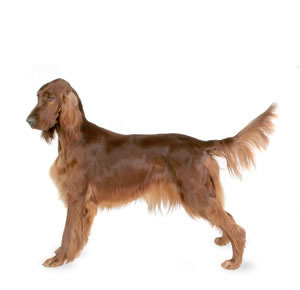
The Sporting Group:
The breeds of dogs in the sporting group have been developed to work closely with humans in hunting and other field activities. These dogs are by nature of their breeding very active and alert and will most likely require vigorous activity. Their personalities are likeable and they want to please, making them good companion dogs. They have strong instincts regarding water, woods and fields. The sporting group breeds include spaniels, setters, retrievers and pointers.
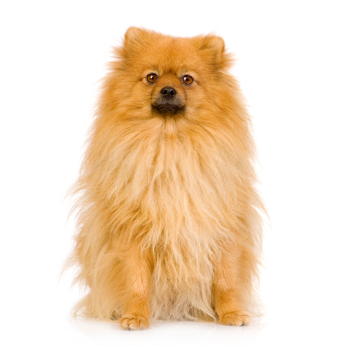
The Toy Group:
Toy dogs are small with whimsical natures. Although small breeds can be found in every group, the dogs in the toy group are great to consider if you live in an apartment, or want to minimize the less appealing aspects of dog ownership such as shedding, messes and cost of care. It’s also easier to control and manage a small dog than it is one many times its size. Don’t underestimate the size of a toy dog, however. Some of the breeds can be tough and scrappy and make quite formidable watch dogs regardless of their size.
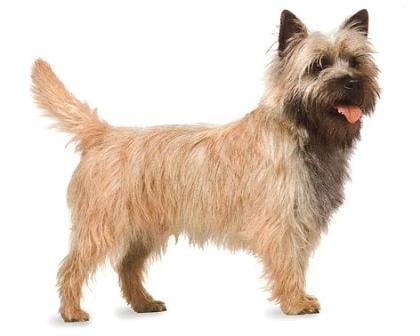
The Terrier Group:
Terriers are set apart by their unmistakable feisty personality and vibrant energy level. They were original bred as vermin hunters and killers and as such they aren’t as likely as other breeds to tolerate other animals. Their demeanor can often be called argumentative and is best matched with an owner who can match their zeal with good humor. Most terriers also come with a wiry coat which demands special grooming to maintain a healthy appearance.
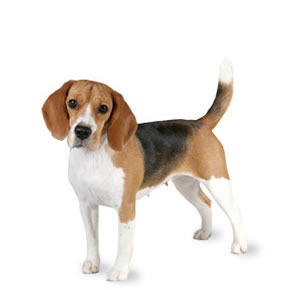
The Hound Group:
The one characteristic this group of dogs shares is the unique ability among dogs to "bay". And bay they will. It's a sound you'll need to get accustomed to if you decide a hound is the dog for you. This is really the only characteristic they share, however, as this is a very diverse group. Hounds were originally bred as hunters. As such, some have an outstanding sense of smell, others an amazing amount of stamina and speed, and others a keen eyesight. There is a difference in the way the hound will relate to you as opposed to a sporting dog. Sporting dogs are bred to work in direct cooperation with their humans, while hounds are bred to be more independent.
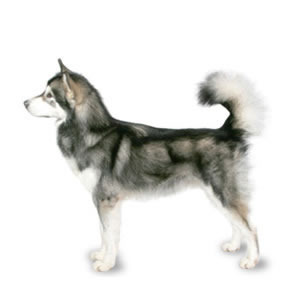
The Working Group:
Working dogs were bred to be the "blue collar workers" of the dog world. Their breeding makes them excellent guard dogs, rescue dogs, and load bearers. Given these characteristics, working dogs make more challenging family pets due to their temperament and size. These tend to be large dogs and require a little more training. Working dogs include the Akita, German Shepherd, Doberman Pinscher, and Alaskan Malamute
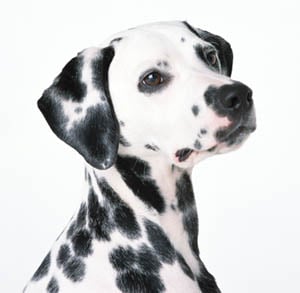
The Non-Sporting Group:
The AKC non sporting group of dog breeds is diverse and varied. Almost none of the breeds included in this group share the same characteristics. This group includes large, medium and small dogs, dogs with long coats and dogs with short coats, and a wide variety of appearances. Breeds include the Dalmation, Chow Chow, Lhaso Apso, Bull Dog, and Keeshond to name a few.
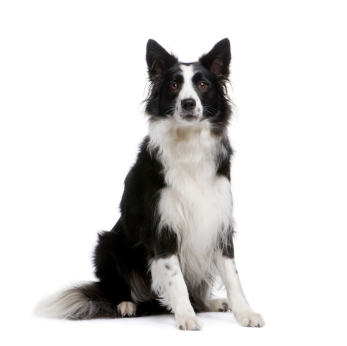
The Herding Group:
The herding group includes dogs with high intelligence and unending reserves of energy because they were originally bred to control the movements of other animals. Even if a herding dog never comes in contact with another animal, due to the nature of its breeding, it will tend to herd its human family, including children. They make excellent companions but do require vast amounts exercise and mental stimulation. Sharp and quick, they respond well to training.
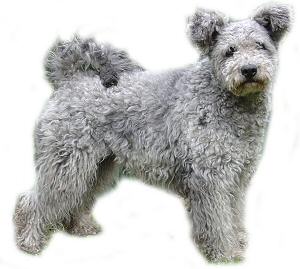
The Miscellaneous Group:
The miscellaneous breed group includes breeds not yet regularly recognized by the AKC because its a relatively new breed. Breeds categorized in this group will change. Some of the breed currently recognized in this group are the Pumi, Dogo Argentino, Chinook and the Azawakh.
Other Breed Characteristics To Consider
So aside from the look and the function of the breed you choose, there are also other things you may want to consider. If you live in an apartment, a smaller breed would probably be a better choice than a larger one. Do you want to spend a lot of time, effort and money on grooming? If not, a short coated dog is probably a better choice. Do you want a calm and placid lap dog or a dog with boundless energy and the desire to play? Do you want a dog that is a stick-tight companion or one that is more independent-minded?
With so many breeds, and each one unique, you really do need to do some homework to be sure your new dog is the proper fit for your family. As mentioned in both Part 1. Shelter or Breeder and Part 2. Puppy vs. Adult Dog of this article, the internet is an excellent resource to begin your research. Once you have decided on a few breeds you might be interested in, a call to a local breeder or rescue group should be able to fill in any gaps. They'll be more than happy to answer your questions and help guide you.
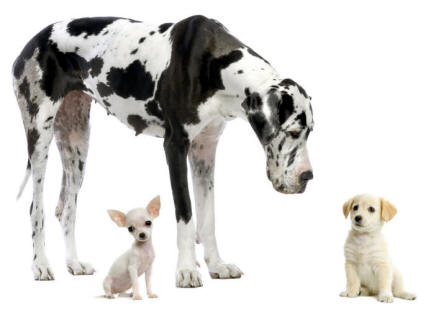
More Dog-Related Articles
Hubbing is fun! If you enjoy writing and want a great community to be part of at the same time, sign up!


